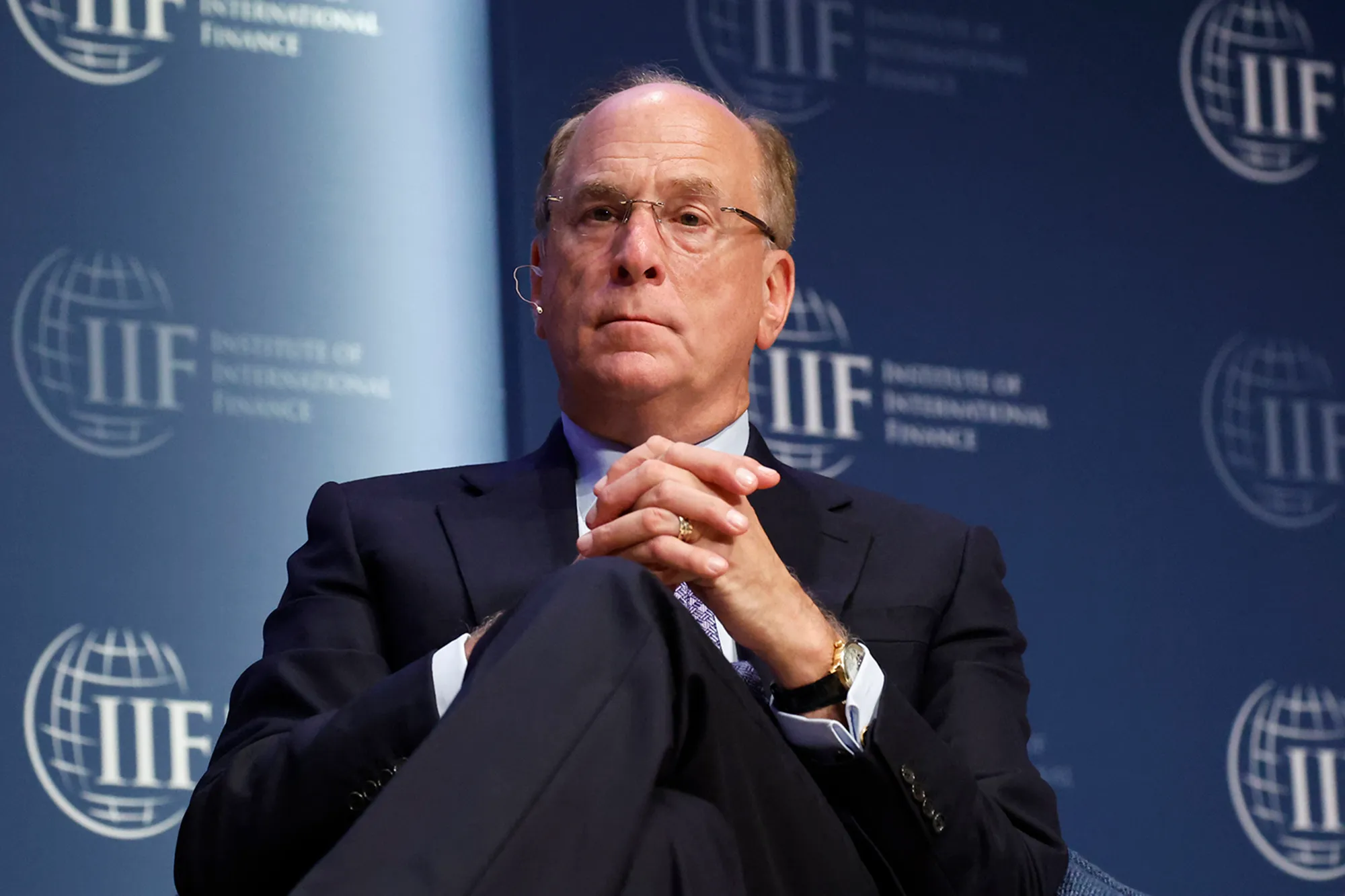SEC Tokenization Regulation: Larry Fink, CEO of BlackRock, has urged the US Securities and Exchange Commission (SEC) to greenlight the tokenization of stocks and bonds. He elaborated on how investors would find this change convenient.
Larry Fink Asks SEC for Bond Tokenization
During an interview with CNN, Larry Fink, CEO of BlackRock, urged the US SEC tokenization regulation to greenlight the tokenization of equities and bonds. He went on to say that this change will facilitate easier operations for both institutions and investors. Fink illustrated how his organization will reduce expenses using tokenization. Because all investors will be informed through the tokenization of shares, they won’t need to vote on proxies anymore.
Larry Fink Backs Tokenization, Financial Reform

He said this action will reduce the cost of owning these bonds and equities, benefiting investors and would-be investors. He went on to say that the market needs these kinds of financial reforms. Not only is Larry Fink a “huge believer” in crypto, blockchain technology, and tokenization, but he has also called for the tokenization of bonds and equities.
Note that BUIDL, BlackRock’s tokenized market fund, already exists. Its market worth is over $600 million, making it the biggest tokenized money fund on a public blockchain. It was built on the Ethereum network. A day earlier, the CEO of BlackRock Ethereum ETF Called? said that if sovereign wealth funds invested 2%–5% of their portfolios in Bitcoin, its price could reach $700,000. This is in addition to his most recent statement.
Bloomberg Analyst Questions Tokenization Use
After Larry Fink’s advocacy, Bloomberg analyst Eric Balchunas questioned the necessity of tokenizing shares and bonds. Using “anti-fragile regulatory safeguards to boot,” he detailed how he could already purchase these properties without paying a dime and with little hassle. To that end, he argued that tokenization serves no useful purpose. With tokenization, investors may take control of their assets. Despite this, Balchunas observed that self-custody isn’t essential because investors prefer to have someone else handle their assets, mainly if they can do it for free. Investors are well protected, he said, because these asset managers are subject to SEC regulation.
SEC’s Potential Openness to Tokenization
This approach toward tokenizing bonds and equities may yet receive SEC approval, notwithstanding Balchunas’s concerns. As an alternative to Gary Gensler, Donald Trump’s appointee, Mark Uyeda, may be more receptive to Larry Fink’s suggestion as acting chair of the SEC. Uyeda is pro-crypto and could be more open to Larry Fink’s proposal, unlike the previous Chair, Gary Gensler.
Final Thoughts
Larry Fink’s strong advocacy shows the increasing interest in blockchain technology. The traditional finance sector for tokenizing equities and bonds. 1 Increased efficiency and decreased expenses are just two of the many possible advantages of tokenization, yet the position taken by the SEC on this issue is still critical. Given his pro-crypto position, Mark Uyeda’s selection as interim chair of the SEC may lead to a regulatory. The climate is more conducive to tokenization. Analysts such as Eric Balchunas have questioned the validity and necessity of tokenizing current assets and have brought forth valid points that should be carefully considered.
Clear regulations, adequate security measures, and an emphasis on user experience will determine the ultimate success of tokenized securities. Industry executives, regulators, and investors must continue to communicate to shape the future of tokenized stocks and bonds, the exact nature of which is still up in the air.
Also Read: Web3 Tokenization: Embracing the Future of Digital Assets


